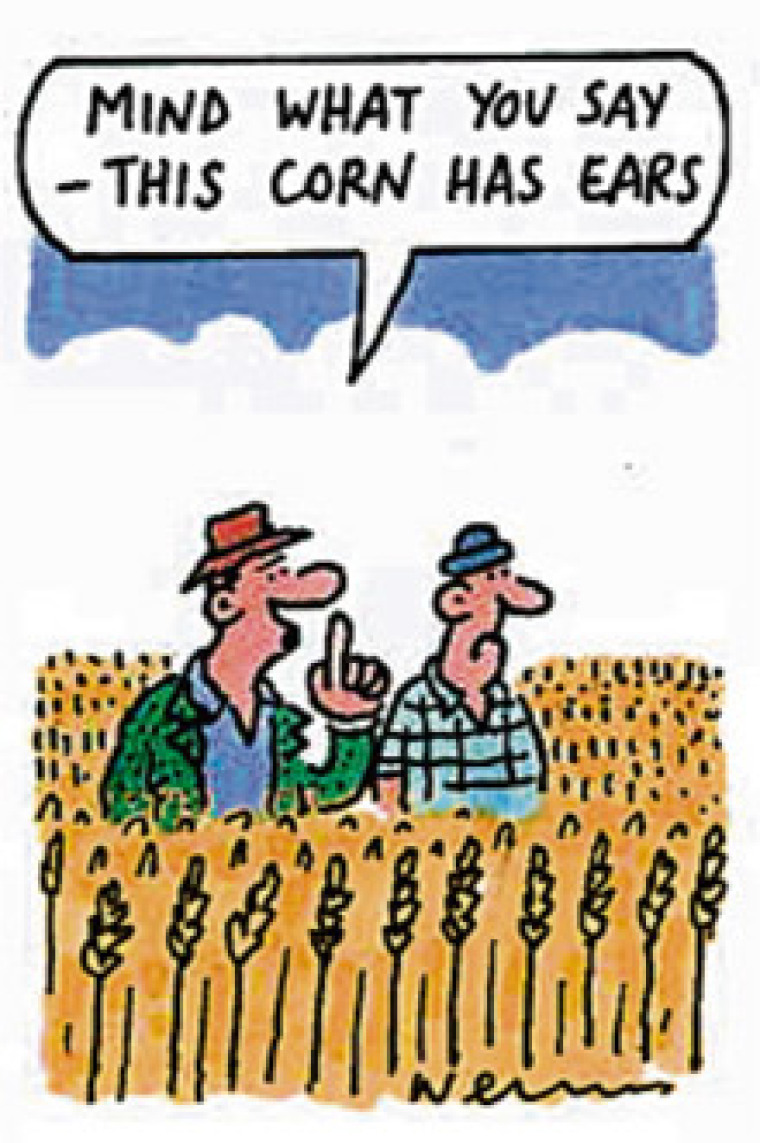

I've been a big fan of Son Lux's work since I first heard Weapons, a track from his first album, At War With Walls and Mazes.
After the 2013 album, Lanterns, I started to lose interest somewhat. It took me a good two months before I got around to sitting down for a good listen to his recent album Bones and I've been pleasantly surprised. Bones is certainly the most complex Son Lux album to date.
Listening to Bones is almost like a conversation, while the lyrics are more varied than At War With Walls and Mazes the writing is still quite terse. The complexity starts to arise from the interplay between tracks.
A self-referential work
In His first album Son Lux used a collection of melodies which appeared across multiple songs. This technique has been brought to the fore and now the lyrics have been filled with references to each other and even previous albums.
Following the lyrics requires a far more engaged approach to listening as the context, the symbolism and the content become indispensable for engaging with a meaning—where the listener enters the conversation.
Son Lux is known for writing somewhat vague lyrics, and has suggested he didn't feel he had the life experience to say something particularly meaningful. He chose to use lyrics the listener could understand within their own life context.
The universal appeal of biblical lyrics
When I first heard At War With Walls and Mazes I was engaged with what sounded like biblical references appearing throughout the album. American composer Nico Muhly wrote an article on the subject, particularly highlighting the lyrics of Weapons. Some of these references seemed to be less apparent in the following two albums—We Are Rising and Lanterns—but they are back in Bones!
Bones is bookended by two tracks: Breathe In and Breathe Out. I feel this quite strongly references life and death and the use of breathe to make this link certainly draws up some Genesis-sounding language.
This isn't the end of Genesisreferences, in White Lies there is a backing line singing 'Why do we swallow what we receive, the fruits of that tree?' Furthermore, the theme of Bones threads through the album in multiple tracks and could very well relate back to the creation of mankind.
Bones have appeared in Son Lux's lyrics before in At War With Walls and Mazes, in the track Raise mentions bones and breath in relation to being raised (perhaps a reference to Ezekiel 37—the valley of dry bones). Maybe there is a link to this track buried in Bones too?
A conversation
Throughout Bones there are references to previous tracks, including White Lies where we hear the melodic and lyrical references to Weapons. I expected to hear this referenced somewhere on the album given its previous quoting in both We Are Rising and Lanterns (see the tracks Flowers and Plan the Escape).
In addition to Weapons there are even more references now including This Time, which references Rising with both melody and lyrics, and Undone which may be referencing All The Right Things, with some similar tropes ('...but you must').
Given the complexity of references between albums and tracks it makes the meaning of the album highly subjective.
This is almost frustrating when you have tracks like You Don't Know Me including lyrics like:
I feel you tracing my scars,
but you don't know me
On one hand we could try and understand this in the line of loneliness suggested by I Am The Others, where we see many people who claim to be Christians but don't know Christ.
Or perhaps it's meant to mean that so many people claim to know 'God' but they don't know him at all (some might take it because he doesn't exist). Or perhaps it means something else entirely!
These poignant, but somewhat ambiguous lyrics make listening to this album like a reflective conversation between the lyrics, the album and me.
Despite all the Biblical references and allusions I find it hard to say that it is a Christian album, or even a theistic album. But it certainly doesn't shy away from asking big and challenging questions so, '...open your ears and tell me what you hear!'
Sam Gillespie is a composer and a computer programmer based in Sydney.
Sam Gillespie's previous articles may be viewed at www.pressserviceinternational.org/sam-gillespie.html